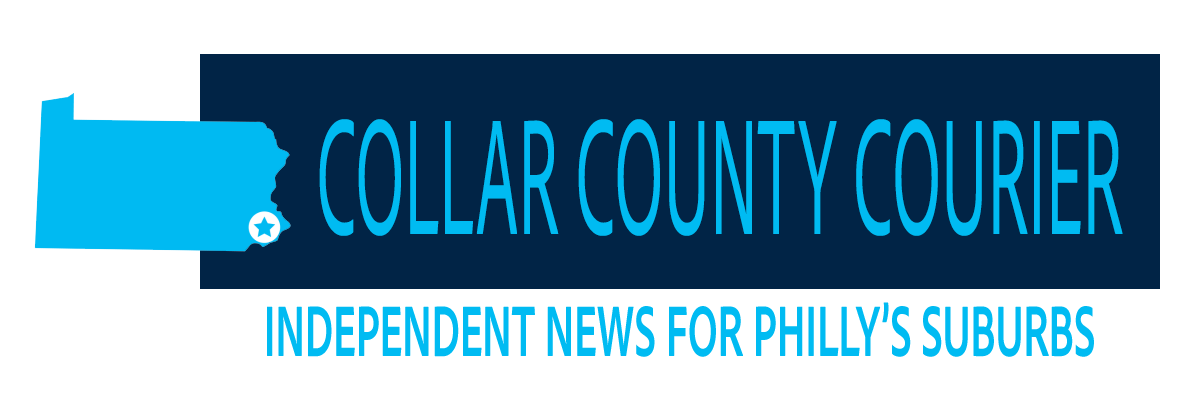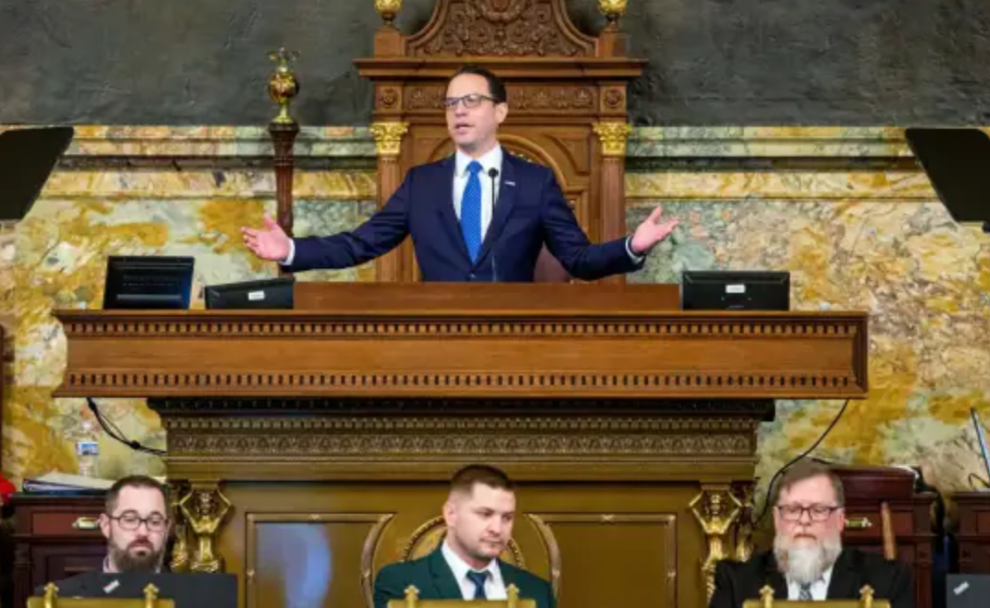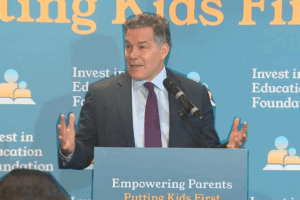Members of the state House and Senate question the Shapiro administration’s $51.47 billion spending plan in the first round of budget hearings.
Pennsylvania budget talks are off to a rocky start, with Tuesday’s initial round of hearings highlighting concerns of excessive spending and insufficient funding laid out in Gov. Josh Shapiro’s proposed 2025-2026 plan.
In the first budget hearings of the year, House appropriations committee members heard from the Department of Economic and Community Development and the Department of Revenue. Their Senate counterparts also hosted representatives from the Department of Revenue, as well as the Pennsylvania State System of Higher Education (PASSHE), and the Pennsylvania Higher Education Assistance Agency (PHEAA).
On Tuesday, Senate Republicans pressed Secretary Patrick Browne, head of the Department of Revenue, regarding Shapiro’s plans to fund his budget partially through taxation of activities that are not yet legal, such as recreational adult-use marijuana and slot machine games of skill. When questioned, Browne acknowledged that the Department’s revenue projections “assume that the forecast of revenue from this will come as a result of activity in the current cycle.”
The governor’s proposed budget is set to expand state spending by $3.57 billion, or a 7.5 percent increase over the prior fiscal year; however, in light of the Department’s controversial revenue projections, legislators are questioning how the Commonwealth could afford to spend more rather than scale back.
“Revenue Secretary Pat Browne confirmed the state is only expected to bring in approximately $47.5 billion in revenue under existing law,” stated a hearing recap from the Senate Republicans. “In order to balance the budget next year, Shapiro would need to eliminate the state’s entire existing fund balance of nearly $3 billion and transfer $1.6 billion from the state’s emergency savings, also known as the Rainy-Day Fund.”
Senate Republicans went on to note that Shapiro’s budget, as written, banks on a total revenue $5 billion higher over the next five years than projections calculated by the Independent Fiscal Office (IFO).
For Republican lawmakers, the pressure to curb excessive government spending has been heightened by the newly inaugurated Trump administration’s efforts to slash waste at the federal level.
“What President Trump is trying to do is looking at government from top to bottom and seeing how money is being pushed out because we’re spending money like crazy at the federal government,” shared Rep. Torren Ecker (R), adding that budget hearings are the members’ chance to “kind of go into the nitty gritty details” of what state agencies are requesting.
Budget hearings are set to continue for about three weeks, though legislation pertaining to fiscal matters will continue to set the tone for session days until the General Assembly successfully passes a budget. While the budget is technically due by June 30 to be considered “on-time,” the past three years have seen budget talks extend beyond the deadline.
“While we understand this is a starting point in the process, Gov. Shapiro’s budget proposal increases spending far beyond sustainable levels,” stated Rep. Jim Struzzi, House Republican Appropriations Chairman, in response to Shapiro’s budget proposal.
“In the upcoming budget hearings, House Republicans will work diligently to analyze this proposal and determine the best path forward. Hopefully we will find areas of common ground as we work toward the sustainable, responsible and on-time budget that Pennsylvanians deserve.”





